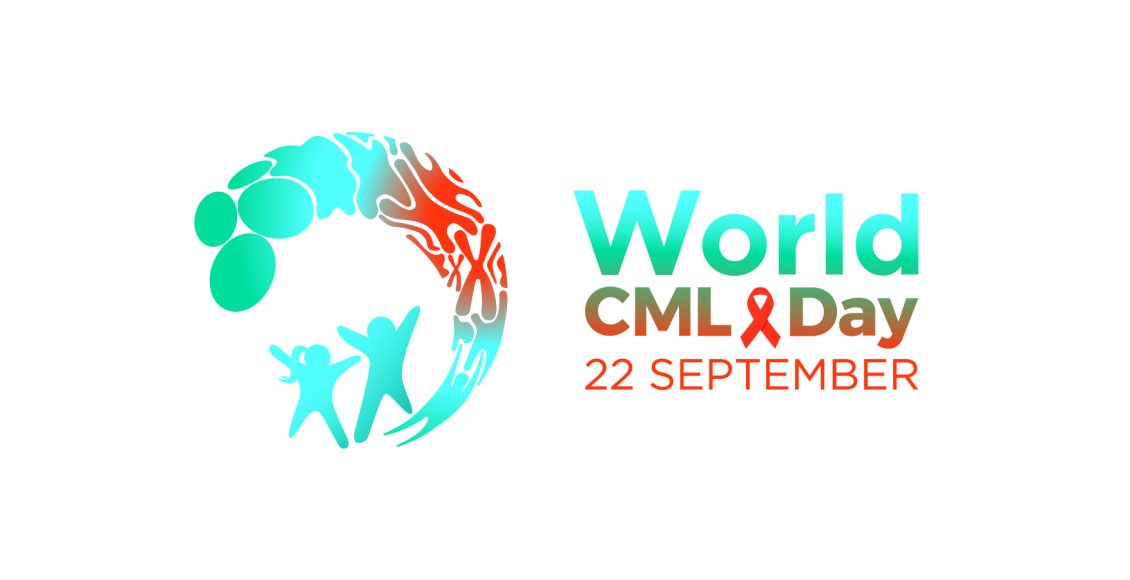Experts emphasize appropriate management and adherence to treatment on World Chronic Myeloid Leukemia Day
As the world observed World Chronic Myeloid Leukemia Day on 22nd September 2022, leading medical experts emphasized the need of creating awareness aboutthe condition, a relatively uncommon type of bone marrow and blood cancer. Chronic Myeloid Leukemia(CML) occurs with an incidence rate of 0.4 to 3.9 per 100,000 patients, which increases with age and has a slight male preponderance. It is a chronic disease in which patients must take lifelong treatment and hence, experts stress its appropriate management and adherence to treatment.
CML occurs due to spontaneous chromosome mutationwhich causes diseased white blood cells to build up in huge numbers, crowding out healthy blood cells and damaging the bone marrow.
Dr.Ashutosh Panigrahi, Assistant Professor, Medical Oncology, AIIMS Bhubaneswar says, “CML patientsoften do not showcase any signs and symptoms until the condition becomes severe. However, CML can be diagnosed with a blood test wherein an abnormal white blood cell count might be an indicative sign of the condition. This is followed by a physical exam and bone marrow test. Some of the symptoms, if they do occur, may include fatigue, loss of appetite, weight loss, and easy bleeding. Symptoms of CML typically develop gradually and only in a tiny percentage of people does thistransform into an aggressive form of severeleukemia with more severe symptoms. Patients need to bear in mind that CML is not a deadly condition and with modern innovative treatment options, patients have been seen to have a normal life expectancy.”
He further adds, “Regular monitoring of the condition is equally critical. It enables the physician to prescribe the appropriate dose and hence, keep the condition under control. Monitoring is done through a blood test, primarily to check the quantification of BCR-ABL protein in the blood. When the condition is initially diagnosed, monitoring is recommended to be done every 3 months and later, the frequency can be 6 months. While these are the recommended periods, the frequency of monitoring also depends on individual cases. One should adhere to what is suggested by the physician.”
Dr.Rayaz Ahmed, Senior Consultant, Department of Hemato-Oncology & Bone Marrow Transplant, Rajiv Gandhi Cancer Institute, Delhi mentioned, “Patients need to bear in mind that CML is not a deadly condition and with modern innovative treatment options, patients have been seen to have a normal life expectancy.For CML, regular monitoring and adherence to treatment are essential.CML is effectively manageable through consistent treatment. A lack of adherence to treatment protocols can make the condition severe. Therefore, it is recommended that patients continue to take medication as prescribed by their healthcare professional. Tyrosine kinase inhibitors (TKIs) are the initial treatment of choice for most people with CML and more than two-thirds of patients achieve long-term control of the disease with this.”
While CML is caused by a genetic mutation in the stem cells, its exact cause is not known. The condition is not hereditary and cannot be passed on to future generations.

